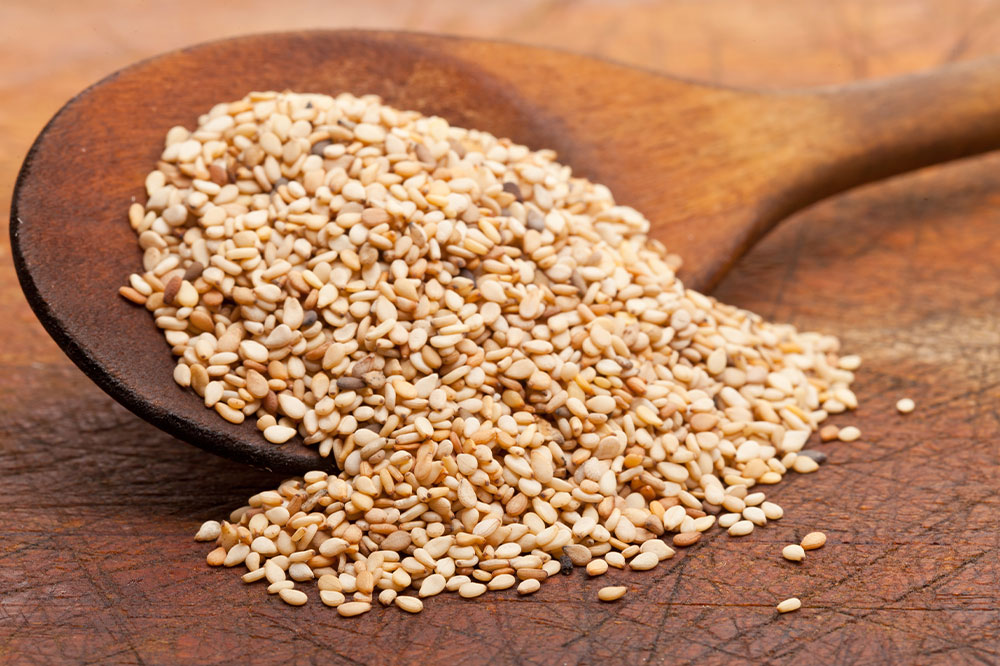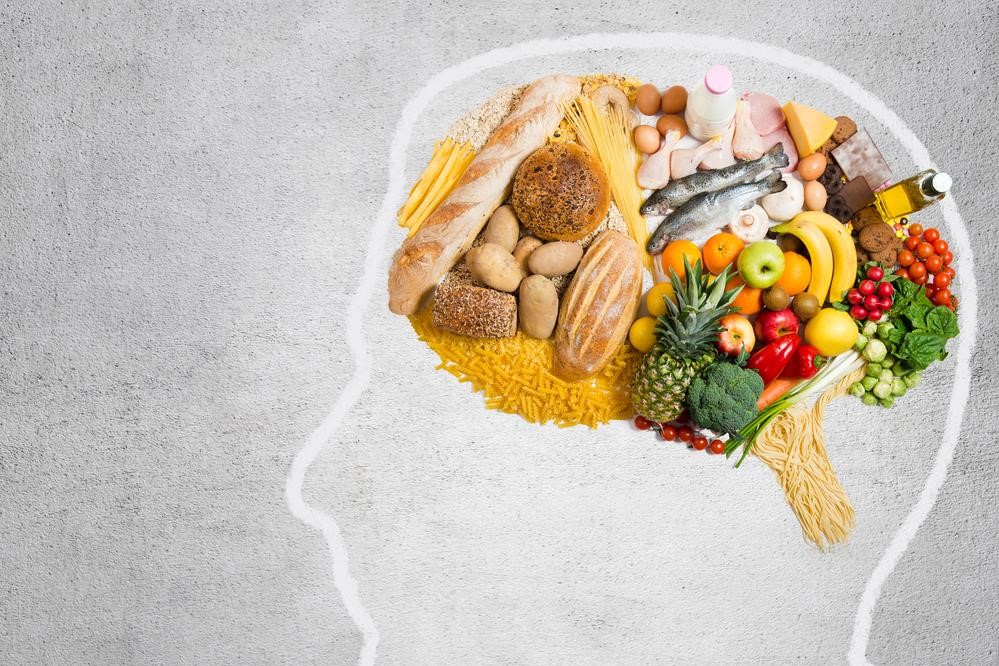Comprehensive Dietary Strategies to Support Managing Parkinson's Disease
This comprehensive guide highlights essential dietary strategies for managing Parkinson’s disease. It discusses the importance of omega-3 fatty acids, antioxidants, and nutrient-rich foods, while also advising on foods to avoid. Combining proper nutrition with medication can improve symptoms and quality of life for patients with Parkinson’s. The article provides practical tips and detailed insights into dietary choices that support neurological health and disease management, making it a valuable resource for patients and caregivers alike.

Optimizing Nutrition for Parkinson’s Disease Management
Parkinson’s disease is a complex neurological disorder that affects millions of individuals worldwide. Characterized by symptoms such as tremors, muscle rigidity, slow movement, and coordination issues, it significantly impacts the quality of life. While there is currently no cure for Parkinson’s, managing symptoms effectively through lifestyle choices, especially diet, can greatly improve patient outcomes and overall well-being. This detailed guide explores essential dietary strategies, highlighting specific foods that can support nerve health, combat oxidative stress, and fill nutritional gaps.
Incorporating Omega-3 Fatty Acids
A core component of anti-inflammatory diets, omega-3 fatty acids play a pivotal role in neurological health. Consuming fatty fish such as salmon, mackerel, sardines, and albacore tuna provides ample omega-3s, which help reduce nerve inflammation and promote healthy nerve signaling. These fats are also believed to protect against neurodegeneration, potentially slowing the progression of Parkinson’s disease. Including these fish in your diet at least twice a week can be an effective strategy for patients looking to enhance their neurological resilience.
Consuming Food Rich in Antioxidants
Oxidative stress is a significant contributor to nerve cell damage in Parkinson’s disease. Foods high in antioxidants can help neutralize free radicals, reducing cellular damage in the brain. Berries such as blueberries, strawberries, blackberries, grapes, and citrus fruits like oranges and grapefruits are excellent sources of antioxidants. Regular intake of these fruits supports brain health and may help alleviate some motor and non-motor symptoms associated with Parkinson’s.
Nutrient-Dense Dietary Choices
Many individuals with Parkinson’s face nutritional deficiencies due to medication effects, difficulty swallowing, or decreased appetite. Ensuring their diet includes foods high in zinc, iron, vitamin B12, vitamin D, and magnesium can combat these deficiencies. Foods like lean meats, beans, nuts, dairy products, leafy greens, and fortified cereals can help fill these gaps. A carefully balanced diet rich in diverse nutrients is essential for maintaining strength, energy, and a functional immune system.
It’s equally important to recognize foods that may worsen symptoms or increase disease risk. Awareness of these can help patients make informed dietary choices.
Here are foods to limit or avoid to optimize health:
Processed and Packaged Foods
Highly processed foods such as canned soups, breakfast cereals loaded with sugar, processed meats like bacon and sausages, candies, and snack foods may exacerbate symptoms due to their high levels of preservatives, sodium, and unhealthy fats. Minimizing intake of these foods can help reduce inflammation and support better management of Parkinson’s symptoms.
Foods High in Saturated Fats and Cholesterol
Research suggests that diets high in saturated fats and cholesterol could elevate the risk or severity of neurodegenerative processes. Limiting consumption of greasy fast foods, fried items, full-fat dairy, and red meats can contribute positively to overall brain health and reduce cardiovascular risks associated with Parkinson’s disease.
Managing Parkinson’s also involves effective medication regimens. Several drugs are commonly prescribed to help control symptoms:
Levodopa
This is the cornerstone of Parkinson’s treatment. It acts as a precursor to dopamine, helping replenish deficient levels in the brain. While effective, patients should be aware of possible side effects such as dizziness, nausea, and fatigue. Dietary timing of medication and food intake can also influence its efficacy.
Ongentys® (Opicapone)
This oral medication is used as an adjunct to levodopa therapy to prolong its effects. Common side effects include constipation, weight fluctuations, and dry mouth. Regular monitoring by healthcare providers is essential.
Rytary®
Approved by the FDA in 2015, Rytary provides a controlled-release form of levodopa combined with carbidopa. It helps manage motor symptoms like tremors and rigidity with less frequent dosing. Possible side effects include nausea, low blood pressure, hallucinations, and involuntary movements, which require careful management.
FYCOMPA (Perampanel)
This medication is primarily used to control seizures but may be prescribed off-label for certain Parkinson’s-related symptoms. The dosage is individualized, and patients can usually obtain it through online pharmacies that offer discounts and convenient delivery options. It’s important to use this under strict medical supervision due to potential side effects like dizziness and behavioral changes.
In conclusion, dietary management plays a critical role in supporting individuals living with Parkinson’s disease. By choosing nutrient-rich foods, limiting processed and unhealthy fats, and collaborating closely with healthcare providers regarding medication regimens, patients can help slow disease progression, reduce symptom severity, and enhance quality of life. While nutrition alone cannot cure Parkinson’s, it is a vital component of an integrated, holistic approach to managing this challenging condition.





